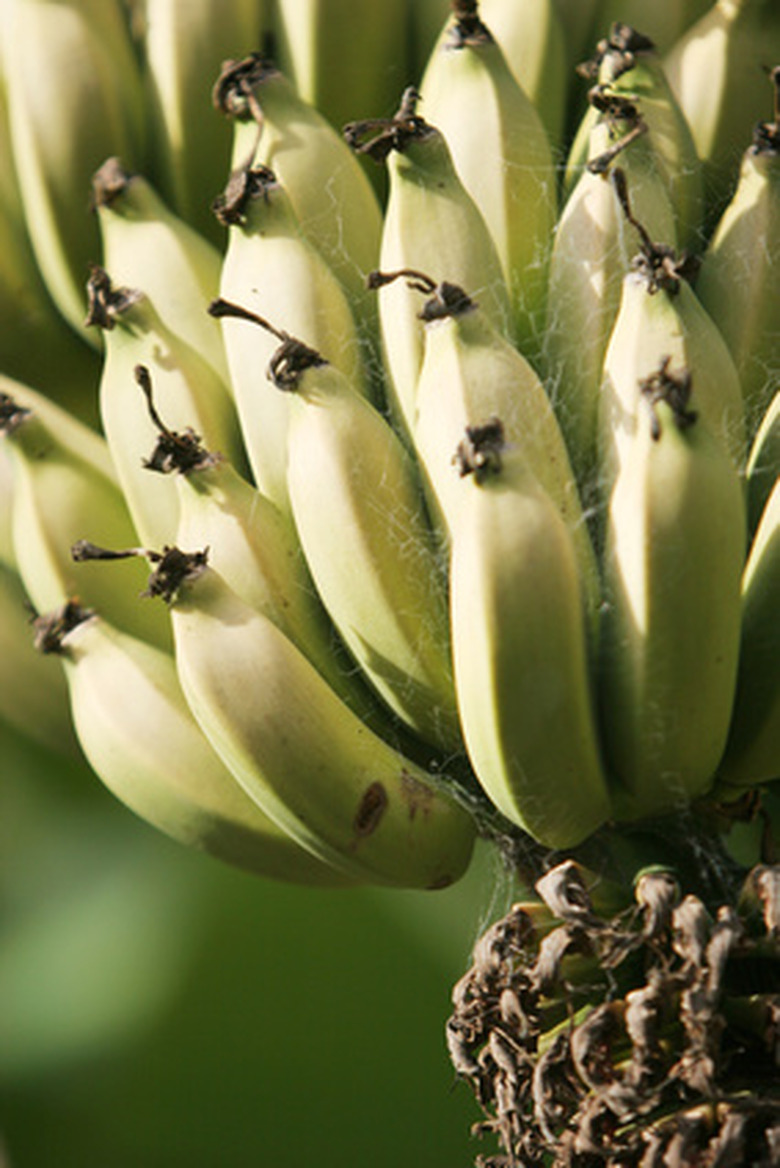The Pros & Cons Of Plant Cloning
Plant cloning, or asexual reproduction, produces a genetically identical copy or copies of a parent plant. Various methods exist for plant cloning such as cuttings, divisions, offsets, bulbs, runners, grafting, layering and micropropagation. Many of these are suitable for the home gardener as well as commercial farmers and horticulturalists.
Genetic Uniformity
Plant cloning allows a large amount of genetically identical plants to be produced from a single parent. The advantage of this genetic uniformity is that all of these plants will have the exact same genetic characteristics, which may not have been transmitted to seeds formed by sexual reproduction. However, this reliance on plants with particular genetic makeups reduces overall genetic diversity. By some measures genetic diversity in agriculture has decreased by 75 percent since 1900. This prevents the development of new breeds of plant that are more suitable for current conditions and environments, according to Morehead University.
Susceptibilty to Disease
Cloning plants allows for producers to grow cultivars that they know are resistant to devastating diseases — therefore allowing less use of herbicides and pesticides and resulting in fewer economic losses. However, when a field of plants are genetically identical, it means that when a disease or pest is able to affect one plant, it will likely affect all of them, causing devastating economic loss, as occurred with Panama disease and bananas in the 1940s, notes Plant Management Network.
Spreading of Disease
It is imperative that plants are only cloned from healthy, disease-free parents. If this is done, then they can be propagated in tissue cultures, guaranteeing that the plants are free from disease. However, when diseased plants are cloned and propagated this can cause the distribution of a disease far from its original habitat, affecting far more producers and consumers than before. As the rhizomes used to clone banana plants can appear free of Panama disease when infected, banana cloning lead to the spread of this devastating disease.
Need for Specialized Equipment
Specialized equipment and supplies such as growth media for tissue culture, rooting hormones and rootstocks for grafting allows for the production of many more plants than may be possible with seed alone. This can be very helpful when plants must be at market at a particular age and time. However, this equipment can be expensive, require technical knowledge, and may even malfunction causing the producer to lose plants, investment and time.
